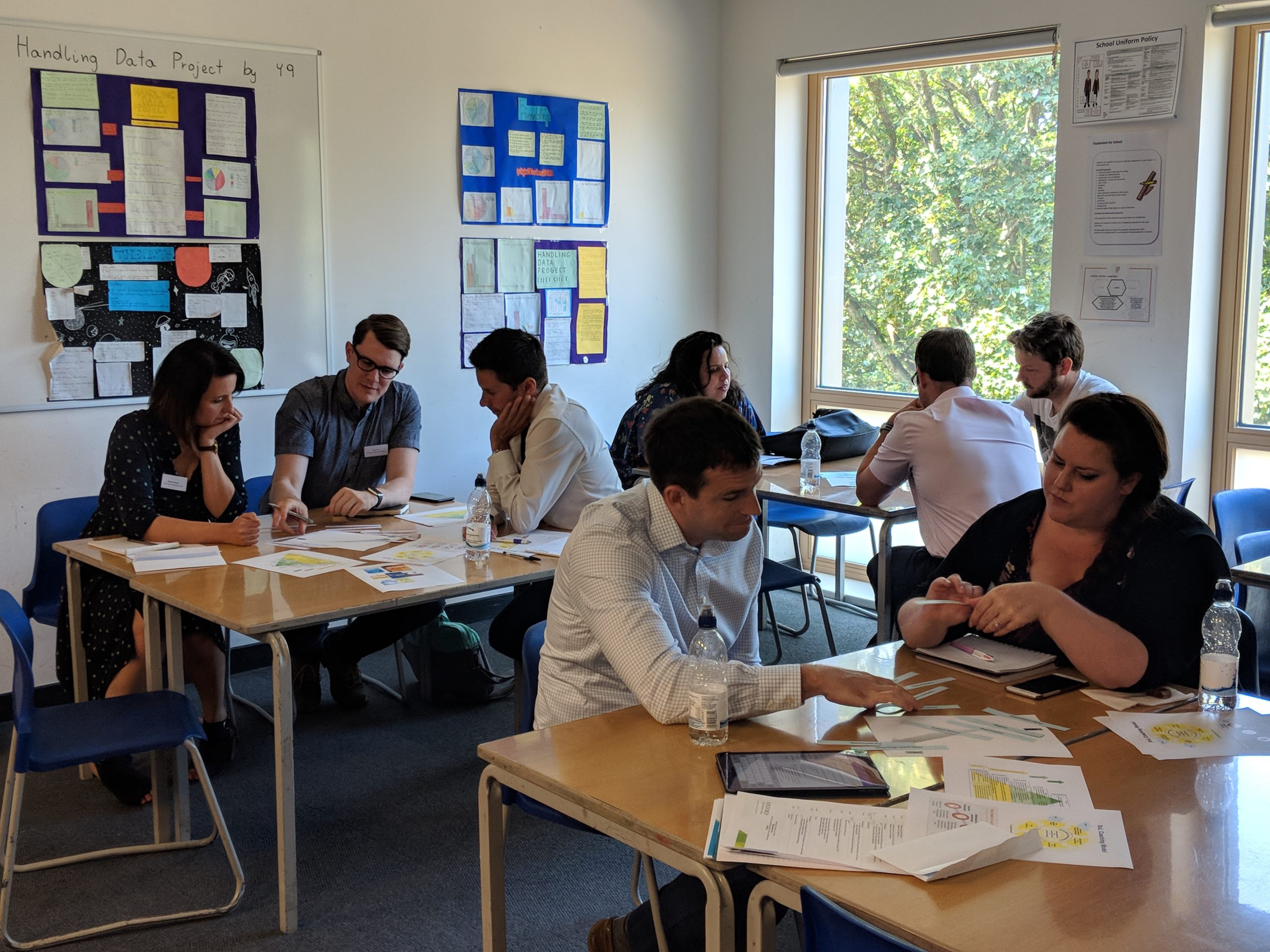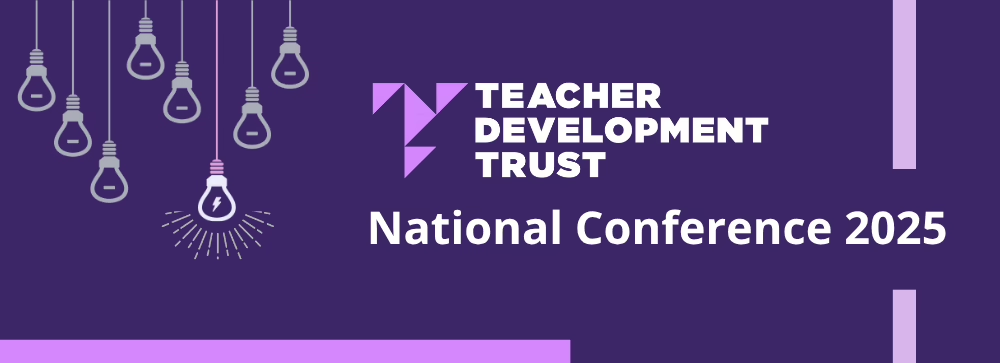National Professional Qualifications (NPQs) have been a cornerstone of professional development for educators for nearly two decades. While they have gone through some transformation in the last few years, they remain one of the most trusted and widely recognised CPD qualifications for teachers.
They are also extremely popular, with 41,242 funded NPQ courses starting in the 2023/24 academic year.
If you’re considering signing up for an NPQ, here’s what you can expect:
What Does an NPQ Involve?
An NPQ involves a structured programme of study, typically lasting 12 to 18 months, depending on the qualification. NPQs are designed to be completed alongside a full-time education role.
The curriculum blends theory and practical advice for teaching and leadership, with a strong emphasis on evidence-based strategies that can be directly applied in schools.
Participants engage with a range of learning materials, including academic readings, case studies, discussion points, and some practical tasks, all aimed at deepening their understanding of effective leadership and teaching practices.
Some NPQs also include some manner of coaching – whether this is through coaching partners, in groups, or one-to-one.
NPQs from different providers can feel quite distinct from each other. This may be seen through everything from the type and style of delivery, to the course content, to type of assessment you’re expected to complete at the end of the course. Some give more time for reflection on and discussion of the research, whereas others focus more on lecture-type sessions.
Learn more about taking an NPQ with TDT

What Are NPQ Sessions Like?
From most providers, NPQ sessions are a mix of online and face-to-face learning, providing flexibility for busy educators.
TDT’s NPQs, for example, include national and local seminars, as well as in-person workshops. These sessions are interactive, allowing participants to engage with expert facilitators and peers to share experiences and ideas. The online content is designed to be engaging and accessible, with a focus on practical application.
Sessions may be focused on learning new research or strategies from your facilitator, discussing academic reading from outside of sessions, reflecting on your own practice, or exploring case studies.
Seminars typically take place after school hours, ensuring they fit around teaching commitments without encroaching on personal time. Most NPQs require their school to grant them a small number of days away from site to take part in the in-person sessions.
What Is the Difference Between Specialist and Leadership NPQs?
Specialist NPQs are designed for educators who wish to develop expertise in a particular area of practice, such as literacy or behaviour management. These qualifications are ideal for those looking to lead within their current roles or take on more responsibility in these areas.
On the other hand, Leadership NPQs, such as the NPQ in Senior Leadership (NPQSL) or Headship (NPQH), are aimed at those aspiring to or currently holding leadership positions.
These programmes focus on strategic leadership, change management, and organisational improvement, preparing participants to lead schools or school networks effectively.
What Can I Expect to Learn in My NPQ?
The content of your NPQ will be closely aligned with the latest educational research and best practices.
For example, a specialist NPQ in Leading Literacy might cover topics such as phonics instruction, developing reading comprehension strategies across a whole school, and literacy interventions.
Leadership NPQs, meanwhile, delve into areas like data-informed decision-making, building a positive school culture, and leading teams. The aim is to equip you with both the theoretical knowledge and practical skills necessary to drive improvement in your school or educational setting.

Does It Matter Who Provides My NPQ?
Choosing the right provider is crucial as it can significantly impact your learning experience. While all NPQs are governed by the same national standards, the delivery can vary.
TDT, for instance, is known for its evidence-informed approach, ensuring that all content is based on the latest, most relevant research. The organisation’s values—being SMART (evidence-driven), HEART (people-focused), and HUMBLE (context-aware)—ensure that the training is both rigorous and empathetic to the realities of teaching.
Will My NPQ Be Online?
Most NPQs now offer a hybrid model, combining online learning with face-to-face elements. The online components provide flexibility, allowing you to study at your own pace and revisit materials as needed.
However, in-person sessions are still a vital part of the experience, providing opportunities for networking, collaboration, and hands-on learning.
How Long Does an NPQ Take to Complete?
The duration of an NPQ typically ranges from 12 to 18 months, depending on the specific programme and provider.
Specialist NPQs may be on the shorter end of this spectrum, while Leadership NPQs might take longer due to the more extensive content and higher level of responsibility associated with these roles. It’s important to check with your provider for specific timelines, as they can vary.
How Does an NPQ Fit Around Teaching?
One of the key benefits of NPQs is their flexibility.
TDT, for example, designs its programmes with the busy schedules of teachers in mind. Sessions are scheduled after school, and the online content can be accessed at any time. This means you can complete the qualification without it taking a toll on your day-to-day teaching responsibilities.
Most NPQ providers estimate that the additional work needed for the qualification (such as reading ahead of sessions) takes participants about an hour per week.
Additionally, the practical nature of the tasks means that much of what you learn can be directly applied in your classroom or leadership setting, making the learning experience both relevant and immediately beneficial.

How Will I Be Assessed on My NPQ?
Assessment for NPQs typically involves a combination of coursework, practical tasks, and a final project or assessment.
This might include designing and implementing an intervention in your school, reflecting on your leadership practice, or presenting a case study based on your learning.
The aim is to ensure that you can apply what you’ve learned in a real-world context. TDT’s assessment process is designed to be rigorous yet supportive, with clear criteria and plenty of guidance to help you succeed.
What Impact Will an NPQ Have on My Career?
Many educators find that an NPQ opens doors to leadership opportunities. Completing an NPQ provides you with a nationally recognised qualification which can help you make a good case for promotion or applying for a leadership role in a new setting.
It also equips you with the skills and knowledge needed to take on more senior roles or specialist positions.
Having the full weight of research and evidence behind your proposals for improvement can increase other’s belief in you and set you up for success. The guidance around communicating with colleagues and stakeholders can also enable you to lead with more confidence and harmony.
How Have the NPQs Changed?
In the early 2020s, NPQs underwent significant reforms as part of a broader initiative to enhance professional development across the education sector.
This transformation aligned with the government’s wider educational reform agenda, which includes the Core Content Framework for Initial Teacher Training (ITT) and the Early Career Framework (ECF) for new teachers.
These frameworks emphasise evidence-based teaching practices and continuous professional learning, creating a ‘golden thread’ that links professional development from the start of a teacher’s career through to leadership roles.
The introduction of specialist NPQs has been a major shift, replacing the previous, more generic qualifications. Now, educators can pursue NPQs tailored to specific areas such as Leading Behaviour and Culture (NPQLBC), Leading Teaching (NPQLT), Leading Teacher Development (NPQLTD), and more recently, Leading Literacy (NPQLL) and Early Years Leadership (NPQEYL).
This change allows for a deeper exploration of key areas, equipping teachers and leaders with the expertise needed to excel in their specific roles.
For the Autumn intake of 2024, the government changed the way NPQs were funded, limiting the number of fully-funded places on NPQ programmes.

What Makes a TDT NPQ Different?
What sets a TDT NPQ apart is the organisation’s commitment to high-quality, evidence-informed professional development.
TDT’s values—being SMART, HEART, and HUMBLE—ensure that the training is both intellectually rigorous and grounded in the practical realities of teaching.
Participants benefit from personalised support, a collaborative learning environment, and content that is closely aligned with the latest educational research.
This approach not only helps you succeed in your NPQ but also ensures that the impact of your learning is felt in your school and beyond.
Conclusion
Embarking on an NPQ is a significant commitment, but it’s one that can pay substantial dividends in terms of your professional growth and career prospects.
With the recent reforms, NPQs are now more focused and accessible than ever. Whether you’re looking to develop specialist skills or move into leadership, an NPQ with TDT provides the knowledge, tools, and support you need to succeed.
Originally posted in 2022 – updated for Autumn 2024




